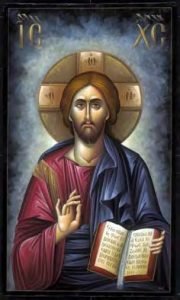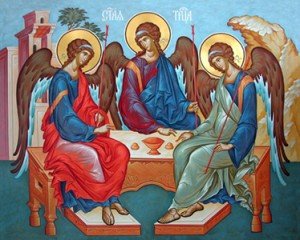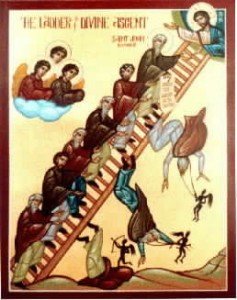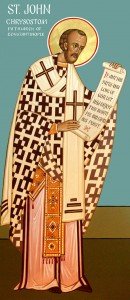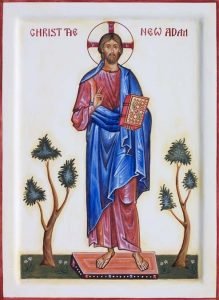![]() Acquiring the “mind” of Christ requires us to first develop the habit of prayer. If we are to start the task of prayer, we must immediately begin and not procrastinate. We should not be motivated by a lot of excitement or self praise, thinking that we are owed something great for our spiritual effort. It is our privilege and joy to converse with our God, being the purpose for which we were created.
Acquiring the “mind” of Christ requires us to first develop the habit of prayer. If we are to start the task of prayer, we must immediately begin and not procrastinate. We should not be motivated by a lot of excitement or self praise, thinking that we are owed something great for our spiritual effort. It is our privilege and joy to converse with our God, being the purpose for which we were created.
It is imperative that we see personal and corporate prayer as two sides of the same coin. Corporate liturgical prayer (that which we do as a community) life in the Church feeds into and provides invaluable and essential shape for our interior life. Corporate prayer life can become dead and frozen without the inner attention and fire which personal prayer gives us. Inner life, if not well-grounded in the liturgical luife of the Church, can possibly lead us to delusion.
Today is the day of salvation, and we must never put off prayer for another time. Every moment is the moment to turn to the Lord, to thank the Lord for all His innumerable benefits, to beseech aid from on high, to repent and ask for forgiveness and to ask His blessing. The most essential part of prayer is the inner turning of the heart to the Lord.
The classic textbook definition of prayer given by St. Theophan the Recluse is “standing with the mind in the heart before the Lord.” It is imperative that, as we pray, our attention remains in our heart as much as possible. As the mind wanders, we simply bring it back to the heart and to the words of the prayer.
Another essential key to this new life of prayer is learning to listen to God. I believe that I have written about this before. God IS always speaking to us but we are often so busy monologuing with ourselves that we may not be able to hear Him. It is important that we not only approach prayer as union with God but also with a receptive listening heart, waiting on the Lord like the Prophet Samuel: “Yes, Lord, thy servant is listening.” This means that we cultivate silence and watchfulness in our prayer time so that it is not just filled with our requests; we make room to hear from the Lord His requests from us. However, He won’t always speak to us in the manner in which we might expect.
Quite often His responses come my way of “insights” or sudden thoughts that move us to do something.


